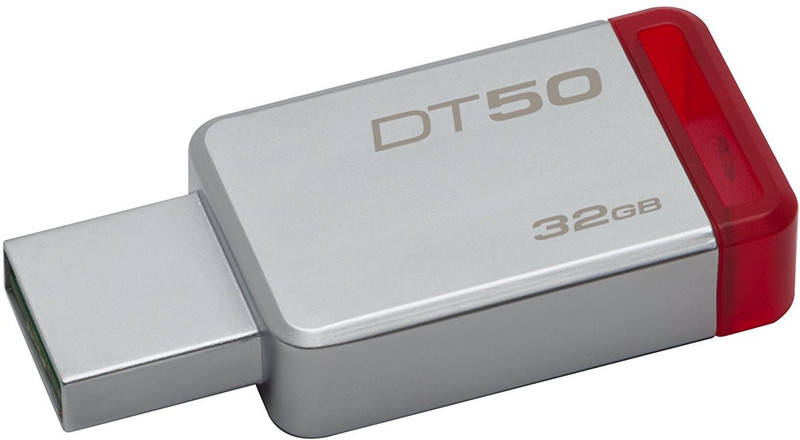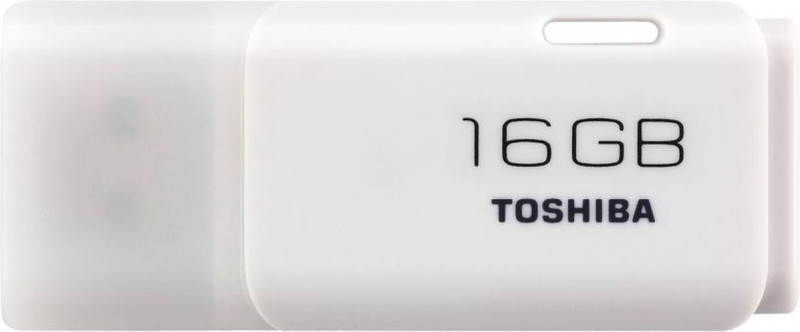Are You Overloading Your Washing Machine? Here Is What It Is Costing You

Laundry day often feels like a never-ending chore, and the temptation to shove just a few more items into the washing machine is all too familiar. After all, why not squeeze in that extra jumper if it means one less load? However, what seems like an innocent shortcut could be silently draining your wallet and damaging your beloved appliance.
Overloading a washing machine doesn't just affect the quality of your wash; it puts strain on the machine's motor, leads to poor detergent distribution, and can even result in costly repairs. More than that, your clothes might not be as clean as you think. So, if you're guilty of stuffing the drum to the brim, it's time to rethink your laundry habits. Here's what an overloaded washing machine is really costing you, and why you should give your clothes the space they deserve.
Also Read: Washing Machines: How To Avoid Common Mistakes While Buying The Right One
1. Poor Cleaning Performance: The False Economy Of Overloading
Stuffing your washing machine to its limit might feel like a clever way to cut down on loads, but it's a recipe for disappointment. When clothes are crammed together, water and detergent struggle to circulate properly, leaving garments half-cleaned. Ever pulled out a jumper only to find detergent streaks or patches of dry fabric? That's a telltale sign of overloading.
A washing machine relies on free movement to clean clothes effectively. Agitation and water flow work best when garments have enough space to tumble freely. When overloaded, clothes rub against each other rather than being thoroughly washed. The result? Dingy, musty-smelling laundry that might need a second wash, defeating the purpose of cramming in extra items in the first place.
A better approach? Stick to the recommended load capacity for your machine. If you're unsure, a simple rule of thumb is to leave a hand's width of space at the top of the drum. Your clothes (and your nose) will thank you for it.
2. Increased Wear And Tear On Clothes: Shortening Their Lifespan
Ever noticed your favourite T-shirts losing their shape faster than expected? Overloading your washing machine is likely to blame. Clothes need room to move around in order to be washed gently. When packed too tightly, fabrics experience excessive friction, leading to stretched fibres, pilling, and faster wear and tear.
This is particularly problematic for delicate fabrics like wool or synthetic blends, which require gentle handling. When crammed together, zips, buttons, and seams rub harshly against other garments, increasing the likelihood of snags and damage.
Think of it this way: washing your clothes should refresh them, not punish them. By following the machine's capacity guidelines, you'll help extend the life of your wardrobe. Less money spent replacing worn-out clothing means more savings in the long run, proof that good laundry habits pay off.
3. Extra Strain On The Motor: The Silent Killer Of Your Washing Machine
Your washing machine isn't invincible. Like any hardworking appliance, it has limits. When overloaded, the motor has to work harder to spin the heavy load, which increases wear on internal components.
This strain can cause overheating, reduce efficiency, and even lead to mechanical failures. The drum bearings, responsible for the smooth rotation of the drum, are particularly vulnerable. If these fail, you could be looking at an expensive repair bill or even the need for a new machine altogether.
Think of it like this: if you constantly push a car to its maximum speed, engine problems would be inevitable. The same principle applies to your washing machine. By sticking to the recommended weight limit, you'll avoid unnecessary strain, prolong your machine's lifespan, and dodge costly repairs.
4. Higher Energy Bills: Wasting Electricity And Water
An overloaded washing machine doesn't just affect performance, it hits your wallet, too. When the drum is packed full, the machine struggles to distribute water and detergent evenly, often resulting in a longer cycle or an extra rinse to compensate.
This inefficiency means more electricity and water consumption, leading to higher utility bills. Modern washing machines are designed to be energy-efficient, but that's only when used correctly. Overloading cancels out these benefits, forcing your appliance to work harder than necessary.
A smarter strategy? Wash smaller loads using the right settings for efficiency. Not only will this save you money on bills, but it'll also reduce your environmental footprint, something both your bank account and the planet will appreciate.
5. Unbalanced Loads: The Cause Of Noisy, Shaky Cycles
If your washing machine sounds like it's about to take off every time you run a cycle, an overloaded drum could be the culprit. When too many clothes are packed into the drum, they clump together unevenly, causing the machine to become unbalanced.
An unbalanced load can lead to excessive vibrations, shaking, and even the machine “walking” across the floor. This not only disturbs your peace but also puts undue stress on internal components, leading to premature wear and tear.
To prevent this, distribute your laundry evenly and avoid mixing heavy items (like towels) with lightweight fabrics. A well-balanced load ensures a quieter, more stable wash, saving both your nerves and your machine from unnecessary strain.
6. Residue Build-Up: The Hidden Hygiene Issue
Overloading your washing machine doesn't just impact your clothes; it can also lead to hidden hygiene issues. When detergent and fabric softener don't dissolve properly, they leave behind residue in the drum, pipes, and seals. Over time, this build-up creates the perfect breeding ground for mould, bacteria, and foul odours.
Ever opened your washing machine door and been hit with a damp, musty smell? That's a sign that residue has accumulated. Not only does this affect the cleanliness of your laundry, but it can also lead to skin irritation when detergent remnants linger on clothing.
To keep things fresh, avoid overloading and run a regular maintenance cycle with white vinegar or a washing machine cleaner. Keeping your machine clean ensures that your clothes come out smelling fresh, rather than like a damp basement.
7. Longer Drying Times: Delaying Your Laundry Routine
An overloaded washing machine doesn't just impact washing, it affects drying, too. When clothes emerge from a cycle excessively damp, it's a sign that the spin cycle wasn't able to remove enough water due to overcrowding.
This means longer drying times, whether you're using a tumble dryer or air drying. Tumble-drying damp clothes uses more energy, driving up electricity bills, while air-drying takes significantly longer, especially in colder months.
The solution? Stick to the right load size to ensure efficient spinning. Properly spun clothes dry faster, saving both time and energy, because nobody wants to wait an entire day for a pair of jeans to dry.
8. Risk of Permanent Damage: The Expensive Mistake
Worst-case scenario? Overloading can cause irreversible damage to your washing machine. Bearings can fail, drums can become misaligned, and in severe cases, the entire machine can break down beyond repair.
A replacement washing machine is no small expense. What started as an attempt to do fewer loads can end up costing hundreds of pounds in repairs or a brand-new appliance.
Preventing damage is simple: respect the machine's load limits and allow it to function as designed. A little extra care in laundry habits can save you from an expensive (and entirely avoidable) headache.
Explore Products Related To This Article
1. realme TechLife 7 kg 5 Star rating Semi Automatic Top Load Washing Machine White, Black
2. Voltas Beko by A Tata Product 6.5 kg Fully Automatic Front Load Washing Machine Grey
3. LG 8.5 kg 5 Star with Roller Jet Pulsator with Soak, Wind Jet Dry and Collar Scrubber Semi Automatic Top Load Washing Machine Maroon, White
4. TCL 7.5 kg Digital Inverter Motor 1400 RPM Fully Automatic Front Load Washing Machine with In-built Heater White
5. Motorola 10.5 kg 5 Star Smart Wi-Fi Enabled Inverter Technology Fully Automatic Front Load with In-built Heater Grey
6. LG 7 kg 5 Star, Inverter Direct Drive Technology, 6 Motion DD, Steam, Fully Automatic Front Load Washing Machine with In-built Heater Black
7. IFB 8 kg 5 Star with Steam Refresh program, 9 Swirl Wash, Eco Inverter, Touch Panel with AI Fully Automatic Front Load Washing Machine with In-built Heater Black
Overloading your washing machine may seem like a harmless way to speed up laundry day, but the hidden costs are significant. From inefficient cleaning and increased wear on clothes to higher bills and costly repairs, cramming in too many clothes simply isn't worth it. The key to a longer-lasting machine and fresher laundry? Follow load recommendations, give your clothes room to move, and maintain your machine regularly. A little extra care goes a long way, saving you time, money, and the frustration of dealing with a broken appliance. So, the next time you're tempted to squeeze in just one more jumper, ask yourself: is it worth the risk? Your washing machine, and your wallet, will thank you. Shop Now On Flipkart
Disclaimer: The images used in this article are for illustration purpose only. They may not be an exact representation of the products, categories and brands listed in this article.






























